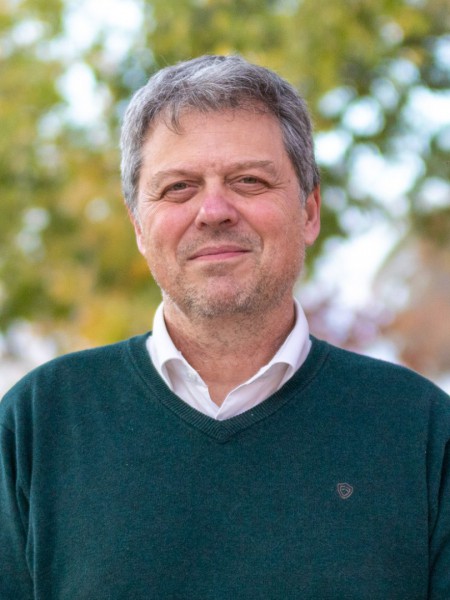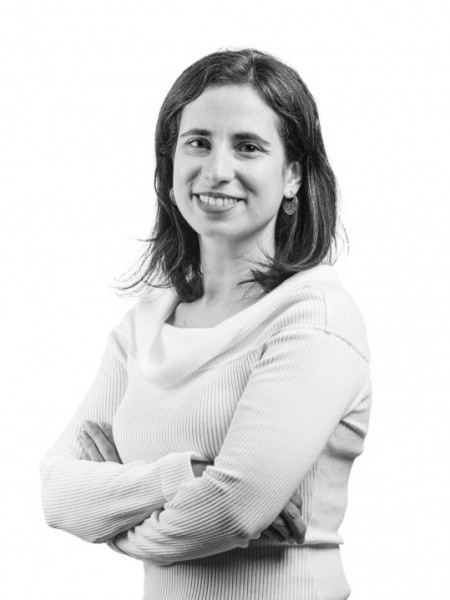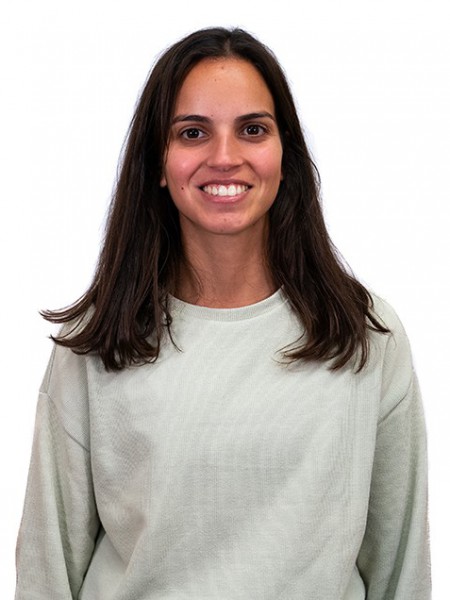abstract
The maintenance of a healthy vascular system is essential to ensure the proper function of all organs of the human body. While macrovessels have the main role of blood transportation from the heart to all tissues, microvessels, in particular capillaries, are responsible for maintaining tissues' functionality by providing oxygen, nutrients and waste exchanges. Occlusion of blood vessels due to atherosclerotic plaque accumulation remains the leading cause of mortality across the world. Autologous vein and artery grafts bypassing are the current gold standard surgical procedures to substitute primarily obstructed vascular structures. Ischemic scenarios that condition blood supply in downstream tissues may arise from blockage phenomena, as well as from other disease or events leading to trauma. The (i) great demand for new vascular substitutes, arising from both the limited availability of healthy autologous vessels, as well as the shortcomings associated with small-diameter synthetic vascular grafts, and (ii) the challenging induction of the formation of adequate and stable microvasculature are current driving forces for the growing interest in the development of bioinspired strategies to ensure the proper function of vasculature in all its dimensional scales. Here, a critical review of well-established technologies and recent biotechnological advances to substitute or regenerate the vascular system is provided.
subject category
Engineering, Biomedical; Materials Science, Biomaterials
authors
Goncalves, RC; Banfi, A; Oliveira, MB; Mano, JF
our authors
acknowledgements
This work was financially supported by the European Research Council grant agreement ERC-2014-ADG-669858 (project ATLAS), by the Programa Operacional Competitividade e Internacionalizacao, in the component FEDER, and by national funds (OE) through FCT/MCTES, in the scope of the projects `TranSphera' (PTDC/BTM-ORG/30770/2017). This work was also developed within the scope of the project CICECO-Aveiro Institute of Materials, UIDB/50011/2020 & UIDP/50011/2020, financed by national funds through the FCT/MEC and when appropriate co-financed by FEDER under the PT2020 Partnership Agreement. M. B. Oliveira acknowledges the individual contract CEECIND/03605/2017.




